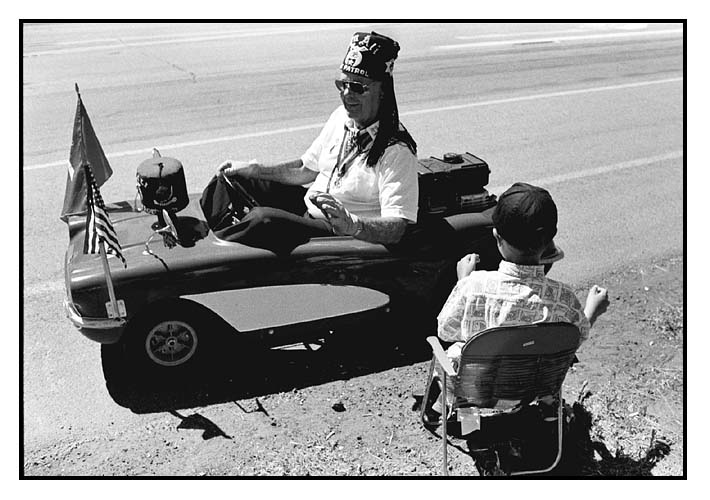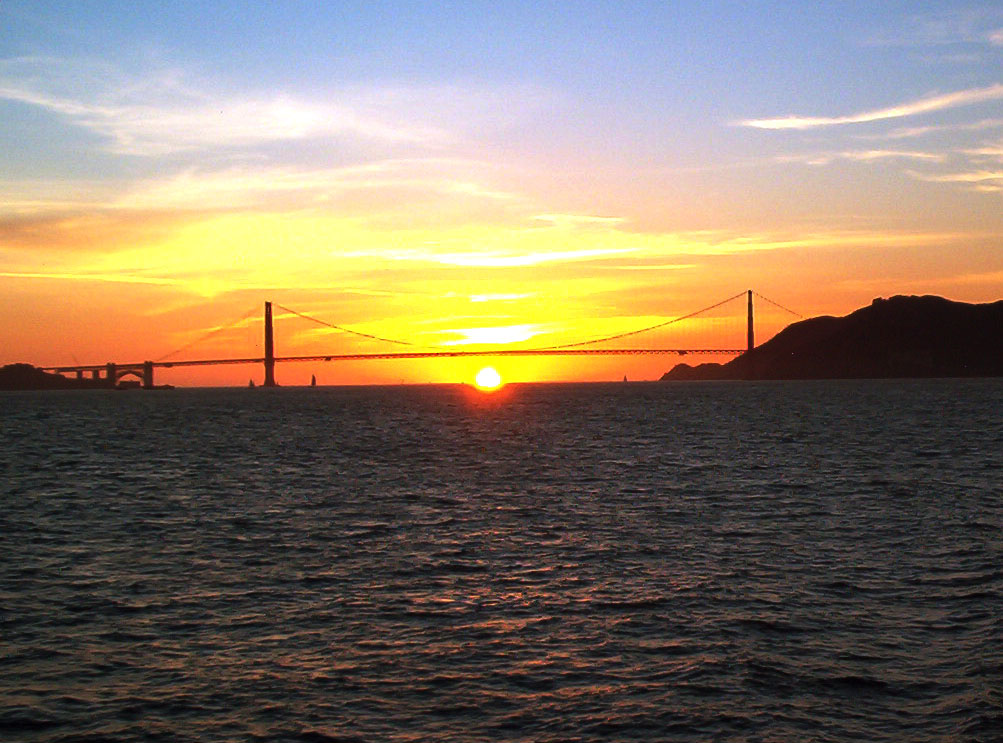From Bush's November 30, 2005 speech at the US Naval Academy and Nixon's "Silent Majority" speech from November 3, 1969.
BUSH: "We will increasingly move out of Iraqi cities, reduce the number of bases from which we operate and conduct fewer patrols and convoys.
NIXON: "As South Vietnamese forces become stronger, the rate of American withdrawal can become greater."
BUSH: "As the Iraqi forces gain experience and the political progress advances, we will be able to decrease our troop levels in Iraq without losing our capability to defeat the terrorists."
NIXON: "We have adopted a plan which we have worked out in cooperation with the South Vietnamese for the complete withdrawal of all U.S. combat ground forces, and their replacement by South Vietnamese forces on an orderly scheduled timetable. This withdrawal will be made from strength and not from weakness."
BUSH: "These decisions about troop levels will be driven by the conditions on the ground in Iraq and the good judgment of our commanders, not by artificial timetables set by politicians in Washington. Some are calling for a deadline for withdrawal. Many advocating an artificial timetable for withdrawing our troops are sincere, but I believe they're sincerely wrong."
NIXON: "I have not and do not intend to announce the timetable for our program. And there are obvious reasons for this decision which I am sure you will understand. As I have indicated on several occasions, the rate of withdrawal will depend on developments on three fronts."
BUSH: "Pulling our troops out before they've achieved their purpose is not a plan for victory. As Democratic Senator Joe Lieberman said recently, "Setting an artificial timetable would discourage our troops because it seems to be heading for the door. It will encourage the terrorists. It will confuse the Iraqi people. Senator Lieberman is right: Setting an artificial deadline to withdraw would send a message across the world that America is weak and an unreliable ally."
NIXON: "An announcement of a fixed timetable for our withdrawal would completely remove any incentive for the enemy to negotiate an agreement. They would simply wait until our forces had withdrawn and then move in."
Though both Bush and Nixon reject setting a timetable for withdrawal, one group does want one set in stone: The Democratically Elected Iraqi Government.
...On November 22, 2005, the democratically-elected leaders and ruling body of the Iraqi people agreed on "calling for the withdrawal of foreign troops according to a timetable, through putting in place an immediate national program to rebuild the armed forces ... control the borders and the security situation"
Furthermore, they added that "insurgents should not be labeled as terrorists if their operations do not target innocent civilians or institutions designed to provide for the welfare of Iraqi citizens."
Did you get that? These Iraqis, in an expression of their liberty, freedom, and democracy, just legalized insurgent attacks on US troops.
Talk about not being wanted.
At this point, it's time to pack up, say "we did it - they have a democratic government", and go home. Iraq's future will be decided by their own self-determination, not by the spending of our tax dollars.
Why stay when you're not welcome?








